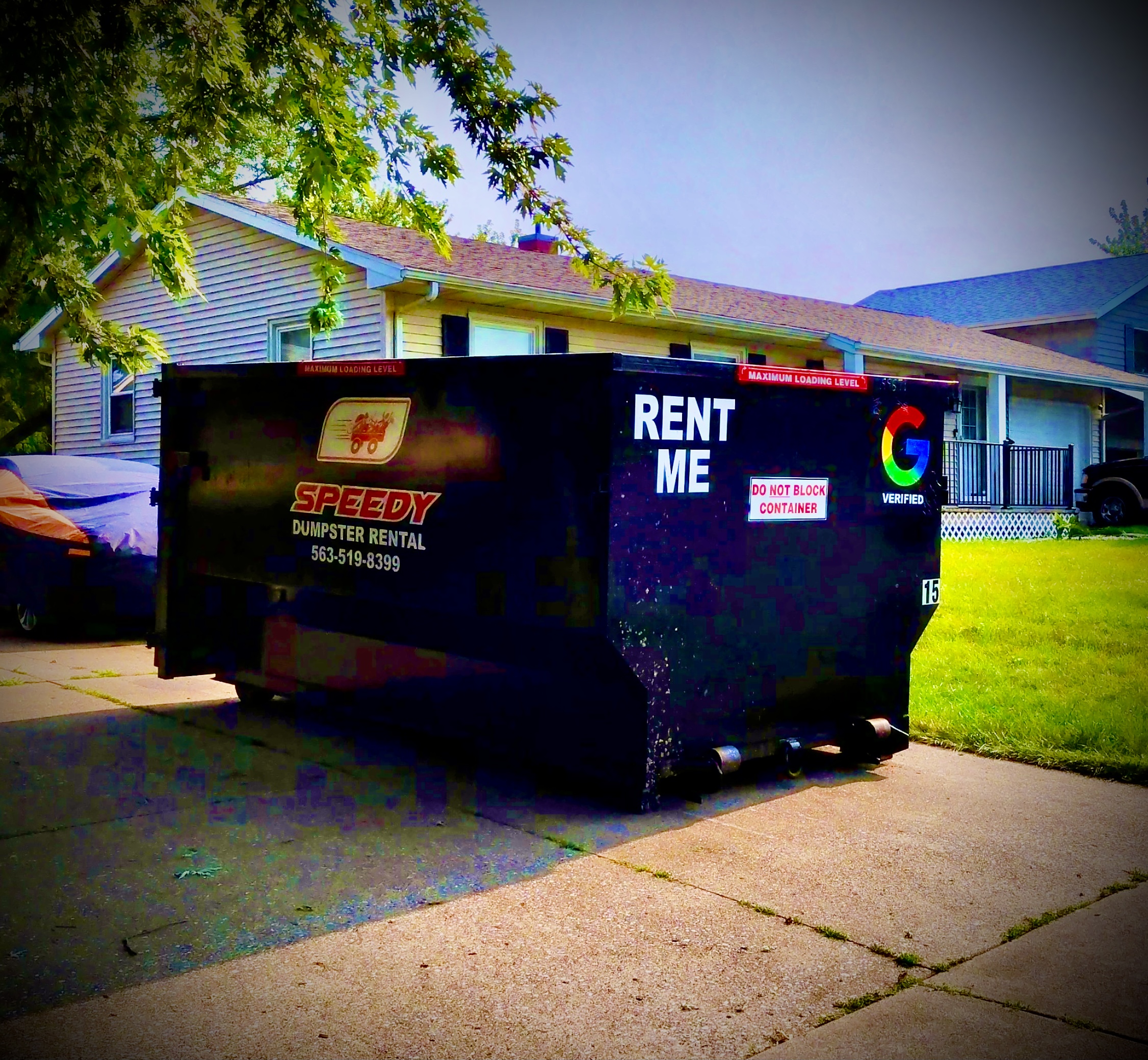OFFICE HOURS
Monday - Sunday: 7:00 AM - 7:30 PM

Commercial Services in East Moline, IL
Premier commercial waste service in East Moline, IL. Learn how our tailored programs reduce costs, improve compliance, and simplify pickups. Contact us today.
Common commercial waste issues in East Moline, IL
Businesses in East Moline typically encounter a handful of predictable waste challenges:
- Seasonal volume spikes — retail and hospitality see heavier volumes during summer and holiday weekends; construction debris increases during warmer months.
- Snow and access limitations — winter weather can affect pick-up schedules and container accessibility on-site.
- Recycling contamination — mixed materials in recycling streams lead to rejection and higher disposal costs.
- Space constraints near the riverfront and urban centers — limited room for staging containers requires compacting or customized bin placement.
- Regulatory compliance — adherence to Rock Island County and Illinois recycling and waste disposal guidelines is required to avoid fines.
Commercial waste solutions offered
Commercial services in East Moline typically include a suite of options that can be combined for a complete program:
- Scheduled dumpster service — regular pickups with a choice of container sizes (2–10 cubic yard dumpsters for businesses, larger roll-offs for construction).
- Compacting services — stationary compactors or self-contained compactors to reduce hauling frequency and lower costs for high-volume facilities.
- Custom container programs — uniquely sized bins, fenced enclosures, and lockable units to fit tight footprints or security needs.
- High-volume disposal and recycling plans — dedicated routes and segregated streams for cardboard, glass, metals, organics, and mixed recycling.
- Contracted roll-off and short-term rentals — for construction sites, remodels, events, or large cleanouts.
- Emergency or short-notice pickups — expedited removal for unexpected overages, storm debris, or contamination issues.
- Job-site service coordination — synchronized deliveries and pickups to align with project schedules and permit windows.
How a tailored commercial program is developed
A practical program focuses on reducing cost-per-month and minimizing regulatory risk while keeping operations running smoothly:
- Site assessment — technicians evaluate access, traffic patterns, waste generation points, and storage constraints (including floodplain or curbside limits near the riverfront).
- Volume and stream analysis — counting typical loads of trash, cardboard, and recyclables to recommend container sizes and pickup frequencies.
- Program design — choosing a mix of dumpsters, compactors, and recycling containers; establishing pick-up cadence; and designing on-site traffic flow.
- Implementation — container placement, signage, staff training on sorting, and scheduling initial service runs.
- Ongoing optimization — periodic reviews to adjust container sizes, frequencies, and recycling targets based on seasonal shifts or business growth.
Compliance with local regulations
Staying compliant in East Moline means meeting local and state requirements:
- Programs are designed to align with Rock Island County and Illinois recycling mandates and disposal rules.
- Hazardous or regulated wastes (oils, chemicals, sharps, and certain construction materials) are managed separately with proper manifesting and disposal pathways.
- Proper labeling and contamination controls are implemented to reduce rejected loads and potential diversion fines.
- Documentation and reporting can be provided to support audits or sustainability goals.
Contract terms and billing you should expect
Commercial contracts for East Moline clients are structured to be transparent and adaptable:
- Service frequency and container inventory — clearly documented in the contract so you know what to expect each week or month.
- Term length and renewal options — short-term project contracts for construction and longer-term agreements for ongoing waste management.
- Included services and exclusions — emergency pickups, contamination fees, and special handling are typically spelled out to avoid surprises.
- Billing options — flat-rate monthly billing, per-haul pricing for roll-offs, or hybrid models; consolidated invoicing can simplify accounting for multi-site operations.
- Adjustment clauses — provisions for seasonal volume changes, holiday schedules, or unforeseen service interruptions.
Emergency pickups and short-notice service
Unexpected events happen—storm debris after a heavy wind or overflow after a weekend event. Emergency services in the Quad Cities area typically include:
- Same-day or next-business-day pickups when available
- Temporary container swaps with expedited drop-off
- Short-term roll-off rentals for cleanups or renovations
- Coordination with site management to restore normal operation quickly
Industry-specific considerations
Different sectors in East Moline have distinct needs:
- Retail — high cardboard volumes; focus on compacting and baling to reduce hauling frequency; seasonal surge planning for holidays and tourist weekends.
- Hospitality and food service — organics and grease management; sealed containers to control pests and odors; frequent pickups for high-turnover properties.
- Construction and contracting — flexible roll-off schedules, on-call swaps for staging areas, and compliance with construction waste disposal rules.
- Manufacturing and light industrial — bulk waste corridors, metal and pallet recycling programs, and compactor installations for high-volume byproducts.
Preventing common problems and improving ROI
Small operational changes produce major cost savings and smoother service:
- Source separation — training staff to sort cardboard, recyclables, and organics reduces contamination fees and increases recycling rebates.
- Right-sizing containers — avoid paying for empty space or unnecessary pickups by matching container sizes and compactor solutions to actual volumes.
- Scheduled reviews — quarterly or semi-annual waste audits to adjust services and reduce costs as business needs change.
- Seasonal planning — increase pickups for holiday retail and summer construction peaks, and plan around winter access issues.
Final considerations for East Moline businesses
Commercial services in East Moline, IL should be flexible, compliant, and engineered around local conditions—from Quad Cities traffic patterns to seasonal weather and riverfront logistics. A well-designed commercial waste program reduces liability, controls costs, and supports operational productivity. When building or updating your waste program, prioritize accurate volume assessment, contamination control, clear contract terms, and contingency options for emergencies and peak periods. These elements combine to deliver dependable, cost-efficient commercial waste solutions for East Moline businesses.

Customer
Testimonials
See what our satisfied customers are saying about their experience with us.
